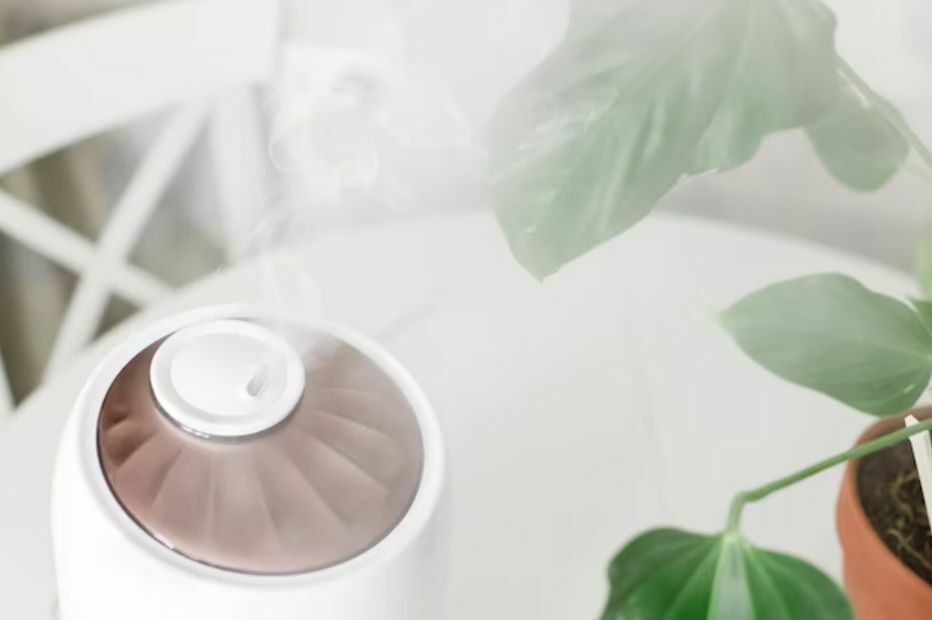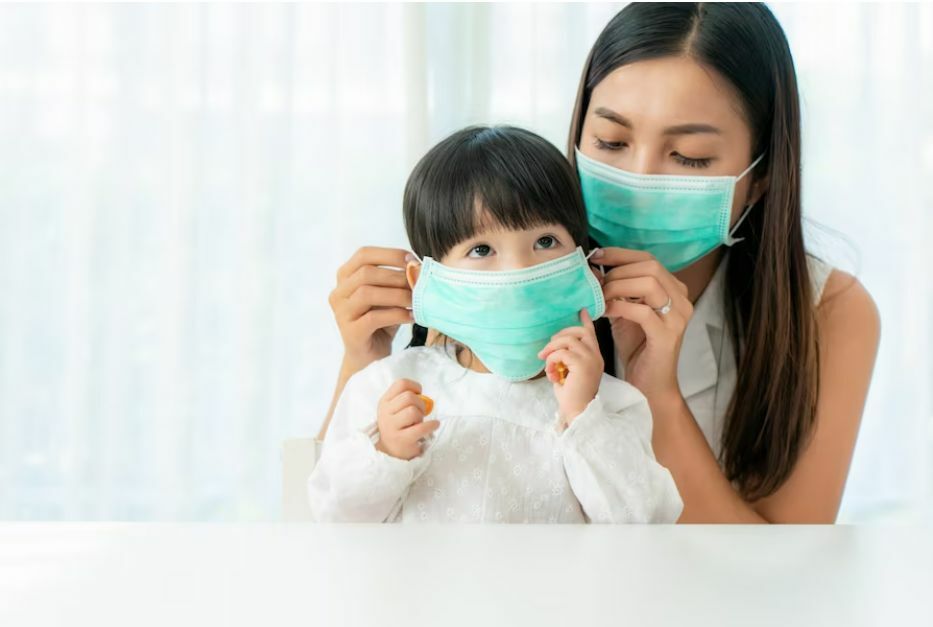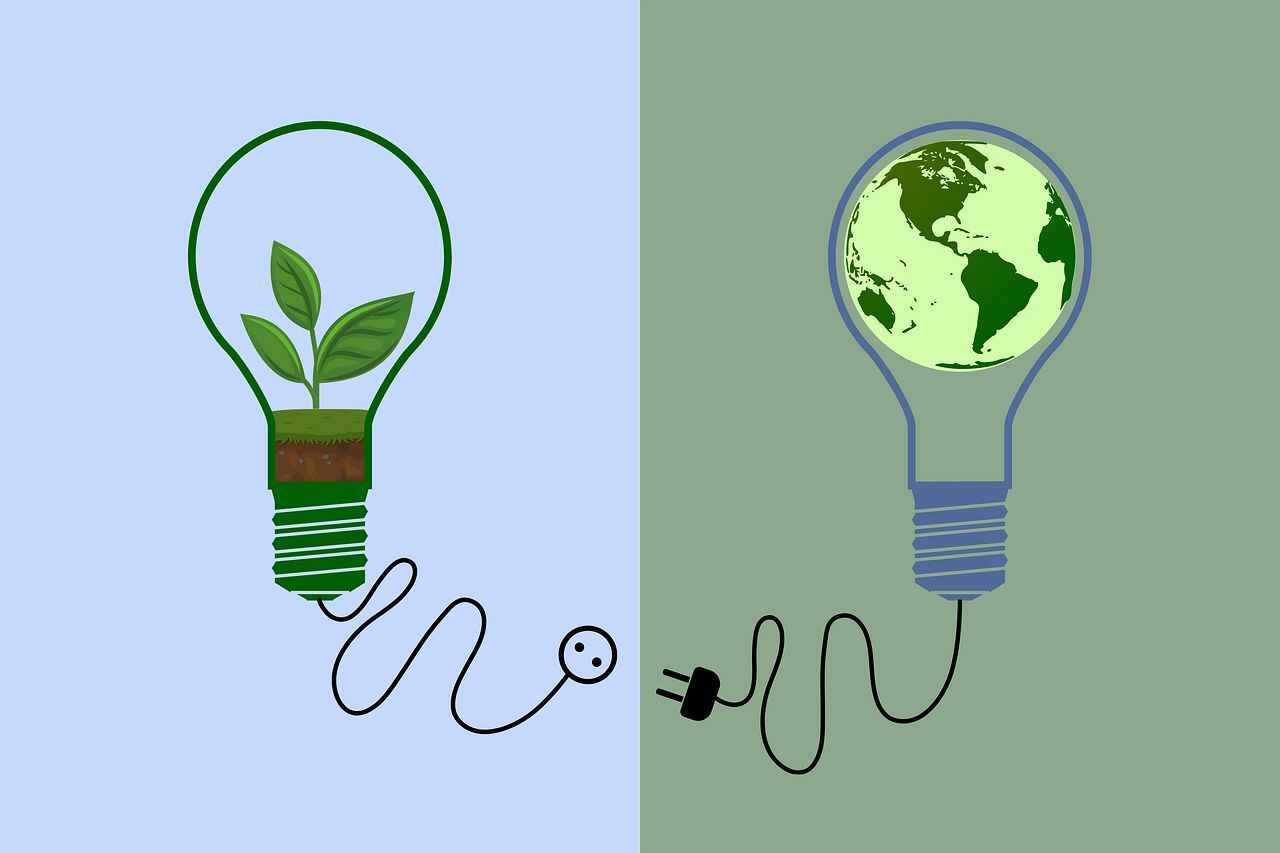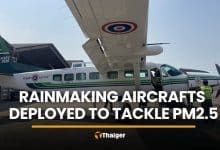Breathe easier: 7 tips to combat Thailand’s poor air quality

Thailand’s air quality has become a critical concern more than ever as the country faces recurring episodes of harmful air pollution. Air quality has exceeded an area of slight concern into a significant and detrimental public health issue in the Kingdom, especially in urban areas such as Bangkok, where traffic congestion, industrial activities, and agricultural burning are prevalent.
On January 8, 2025, Bangkok found its way to the 8th spot of the most polluted cities in the world, with the PM2.5 dust averaging at 60.9µg/m³, far exceeding the universally agreed upon safe level of 12 μg/m3.
If you are unsure or never heard of it before, in a nutshell, PM2.5 is the atmospheric particulate matter that has a diameter of less than 2.5 micrometres (or about 3% of the diameter of human hair). These fine particles are a major component of air pollution which poses a significant risk to the health and well-being of those with pre-existing health conditions, children, and the elderly.
Respiratory and cardiovascular diseases are among the few side effects that we can expect after long durations of overexposure. But just how bad is it?
The numbers don’t lie
Data from the National Economic and Social Development Council (NESDC) reveals that more than 10 million Thais sought treatment for air pollution-related sicknesses in 2023 alone. Given the fact that over 32,000 premature deaths in Thailand were linked to PM2.5 in 2019, it is no surprise that the World Health Organisation (WHO) considers air pollution to be a leading global health risk.
Governments have taken steps to improve air quality, including implementing stricter emission standards for vehicles and industrial facilities. Public awareness campaigns, promoting cleaner forms of energy and encouraging the use of public transportation look promising, but the truth is, there is still much more to be done and the situation is more urgent than ever.
To help you negate the harmful effects of the skyrocketing levels of dust pollution in Thailand as of late, we will walk you through a few preventative methods and healthy habits that you can employ in your day-to-day life to keep you protected.
7 tips to safeguard yourself from Thailand’s poor air quality
1. Monitor air quality

You can keep an eye on the air quality by checking the Air Quality Index (AQI) through government sources, mobile apps, news reports, or reliable third-party websites. The AQI provides a simple, colour-coded scale to indicate pollution levels, ranging from good to hazardous.
Staying informed about the air quality provides you with a good idea of when to limit outdoor activities, when to wear masks, or whether you should take other necessary precautions to prioritise your health in the wake of a devastating dust pollution crisis.
2. Stay indoors when pollution levels increase

One of the most effective methods of minimising exposure to harmful dust pollution is to limit your time spent outdoors, where you are in direct contact with poor air quality. Now you don’t have to necessarily lock yourself indoors forever, just remember to remain mindful of the current air pollution levels and try to work around them.
By limiting outdoor activities, you can reduce the risk of breathing in polluted air, saving you from respiratory issues and other health problems down the line. So consider adjusting your daily routines and working remotely if need be.
3. Use air purifiers

Air purifiers are devices designed to remove contaminants and pollutants from indoor air, thus improving air quality and creating a healthier environment. They work by drawing air through filters that capture particles like dust, pollen, pet dander, and harmful pollutants such as PM2.5 and PM10.
Some air purifiers also use activated carbon filters to remove odours and gases, while others employ technologies like UV light to neutralise germs, bacteria, and viruses. When choosing an air purifier, consider factors such as the size of your room, the type of filter (HEPA filters are highly recommended for their efficiency), and the noise level.
Proper maintenance is essential for optimal performance, so be sure to clean regularly and replace filters according to the manufacturer’s guidelines. Air purifiers can help reduce indoor fine particles by up to 60%, so they are definitely worth a shot.
4. Wear masks

Love it or hate it, masks are a crucial protective measure against the harmful effects of air pollution in Thailand. Masks help filter out airborne pollutants and particles that can cause respiratory issues among other health complications. When going outdoors during periods of high pollution, we recommend wearing N95 or KN95 masks, which are designed to filter out at least 95% of airborne particles, including PM2.5.
Although some may consider them to be uncomfortable, masks ensure minimal leakage and maximum filtration efficiency, just be sure to replace them frequently.
5. Avoid peak traffic hours

If you want to avoid exposure to dust pollution in Thailand, you should start by avoiding its source, which is most prevalent in the form of vehicle exhaust gases. This is especially true in congested urban areas such as Bangkok, where air pollution has taken a turn for the worse in recent times.
During peak traffic hours, the concentration of vehicle emissions significantly increases, contributing to higher levels of pollutants, such as PM2.5 and numerous other harmful pollutants. To minimise exposure to traffic-related air pollution, you should consider travelling during less congested hours, when there are fewer vehicles on the road and the air quality improves slightly.
6. Maintain a healthy diet

We have talked about methods of avoiding exposure to air pollution, but building healthy habits and a strong immune system is also crucial in helping your body handle the effects of poor air quality in Thailand. The best part? It’s not that hard at all. A balanced and nutritious diet provides your body with the necessary vitamins, minerals, and antioxidants needed to combat the harmful effects of pollutants while supporting your overall health.
So be sure to incorporate a balanced diet with antioxidant-rich foods such as fresh fruits and vegetables, leafy greens, and berries, as well as omega-3 fatty acid sources like fatty fish, walnuts, and flaxseeds. These nutrients have anti-inflammatory properties and can support the health of your heart and lungs. It should also go without saying that you should always stay hydrated and limit processed and fast foods.
7. Saving energy

If you are looking to make a larger contribution to combating the air pollution crisis in Thailand, consider reducing your carbon footprint and saving energy wherever it is feasible to do so as it reduces the detrimental tolls on our environment.
You may think that the difference may be minuscule, but every small action helps in the grand scheme of things. As a benefit, it could also lead to financial savings!
You can consider using more energy-efficient appliances, adopting greener day-to-day habits, using fuel-efficient, or electric vehicles, and embracing public transportation among many other actions in your journey to help reduce the impacts of air pollution and work towards a greener and healthier environment.
By following these seven preventative measures and personal habits, we hope that you have a better idea of how to protect yourself and your loved ones from the harmful effects of poor air quality. Along the way, we hope that this guide also provides you with a clearer picture of how to contribute to the efforts to improve air quality in Thailand.
Latest Thailand News
Follow The Thaiger on Google News:


























